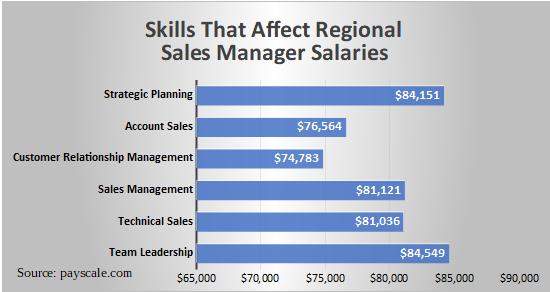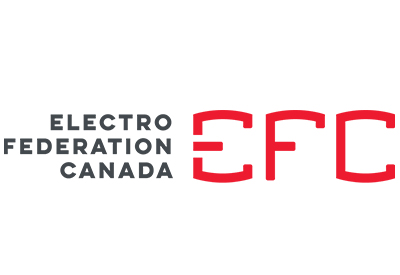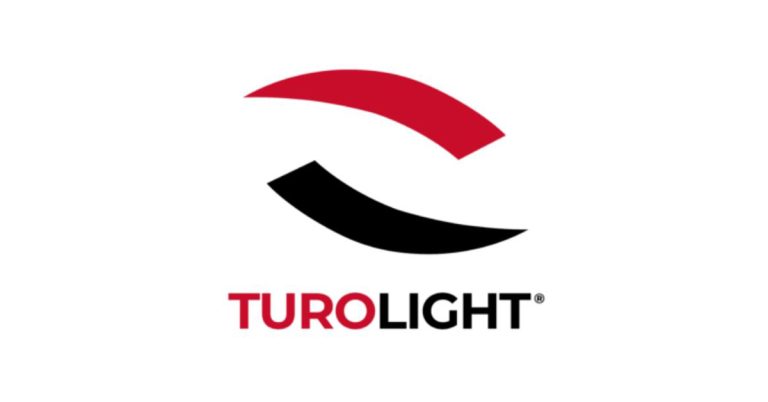New Reality… “Keeping up with the Administrations”

Feb 11, 2021
By Carol McGlogan
EFC kicked off 2021 with an outstanding webinar featuring Janice Gross Stein, renowned Canadian political scientist, founder of the Munk School of Global Affairs and recipient of the Order of Canada. Ms. Stein has spoken at previous EFC conferences, earning many accolades, and this session was no different as we learned what to look for as the Biden Administration takes hold of the White House.
Our close economic ties to the U.S. means that Canadians must “keep up with the Administrations” to survive. Janice focused her discussions on industrial policy and climate change within an active intervening government.
U.S. government Iinterventions through executive orders by President Biden reflect an industrial policy with a “made-in-the-USA and buy in the USA” theme. Proposed R&D investments of US$400B (if approved by Congress) will go to US companies who demonstrate that the money will ultimately support made in U.S. components. Similarly, US$600B in federal procurement orders must prioritize U.S. companies using U.S. components. The Administration is supporting US job creation and the onshoring of US manufacturing.
What does this mean for Canada?
While we must step up our game in industrial policy to remain competitive, our diplomats must work hard to seek exemptions to policies to allow Canadian businesses into the fold. The good news is Ms. Stein believes our Canadian diplomats have an excellent record on the exemption front, and the bigger question is how Canada will move forward in recognizing (or not) the expansion of our borders to become one market with the U.S. (a long-term discussion).
And then there is the issue of climate change
The cancellation of the Keystone pipeline was an expected result of the Biden Administration and Ms. Stein believes the pipeline discussion is over. The Transmountain pipeline and the Enbridge Line 3 will suffice to manage the flow of oil, given it is believed that oil will peak in 2035. In the meantime, the increased commitment to electric vehicles and clean electricity may bode well for Canada’s EV auto sector and Quebec’s hydro exports. For companies interested in exporting to the U.S., proof of “climate worthiness” will be a determining factor in avoiding additional climate border adjustments. The question for our government on Biden’s climate change agenda is whether Canadian companies can expect to receive financial support to re-tool to meet the ‘clean agenda’ imposed by the U.S.
The Biden administration aspires to be hands-on to meet its goals of job creation and climate change. The Canadian government will also have to support industry to level the playing field.
For the US to move forward on any of its initiatives, it must combat COVID-19. We already know that the U.S. has one of the highest incidences and death rates due to COVID-19, globally. However, their vaccine deployment is much stronger than Canada’s, and as Canadians we should be concerned about our lagging vaccine performance as it could leave our recovery lagging the U.S.
What does this mean for EFC members?
Our members are “Power a Changing World” and can make great contributions to improving Canada’s green agenda. With the proper incentives in place, we enable companies and Canadians with our technologies to reach their sustainability goals. Our industry is part of the green transformation – and with our neighbour to the south pushing hard on this agenda, we all can benefit.
Carol McGlogan is President & CEO, Electro-Federation Canada.











